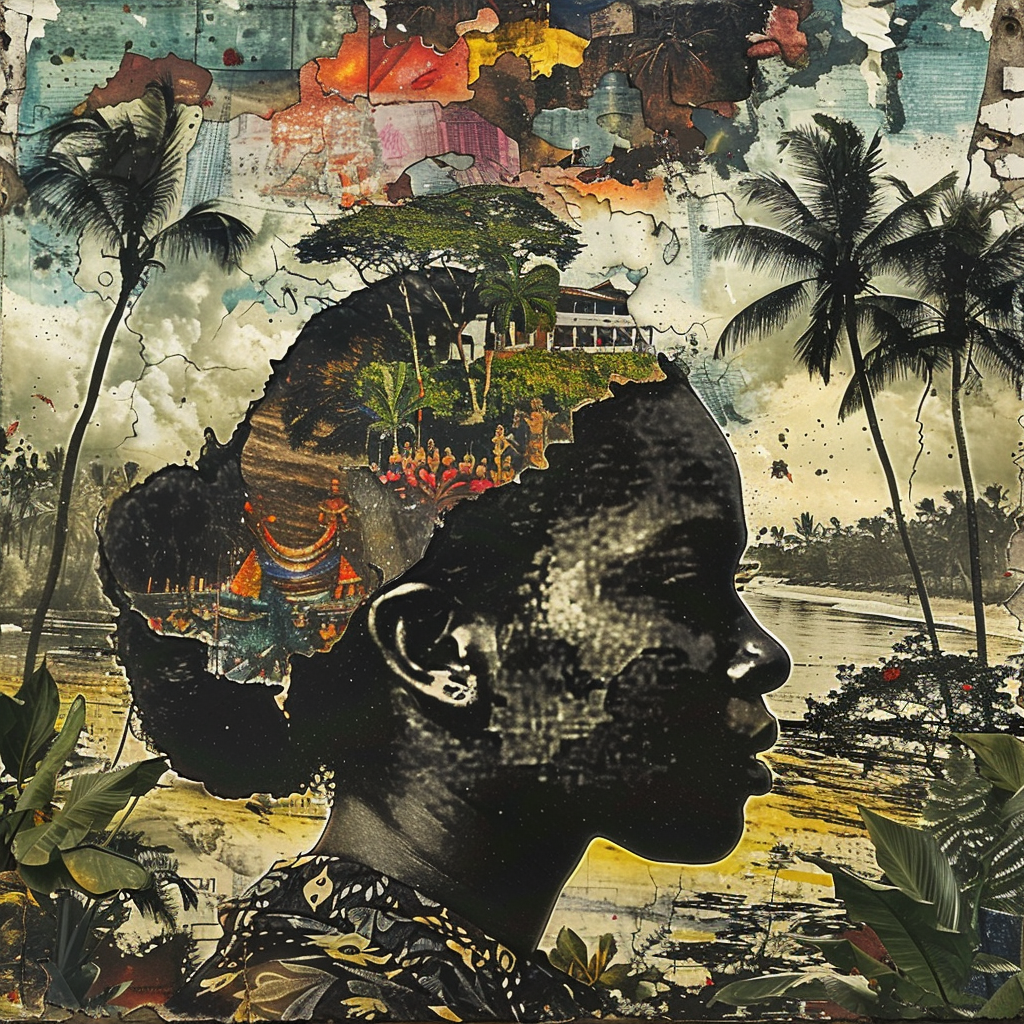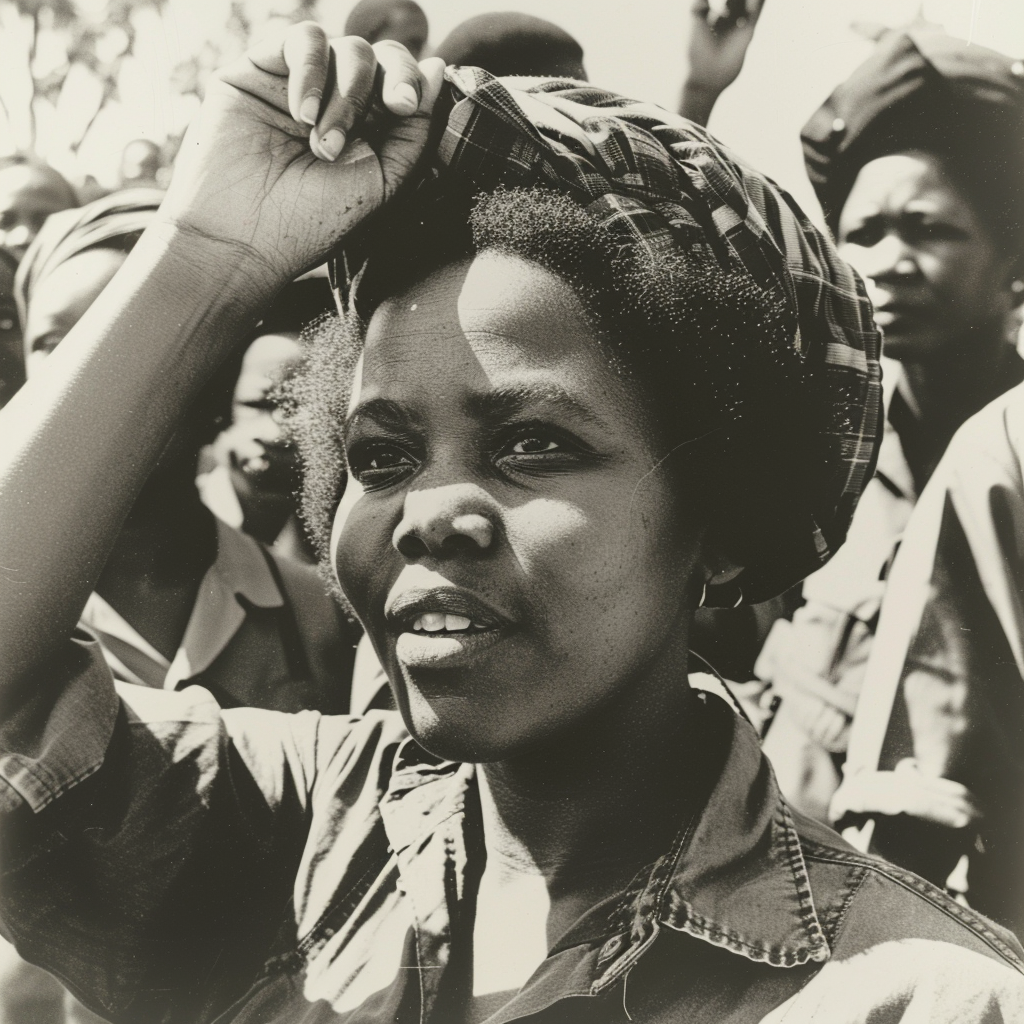Hey there, let’s dive into one of the most significant and tumultuous chapters in South African history: apartheid. From its inception in 1948 to its eventual downfall and the dawn of democracy in 1994, the story of apartheid is one of oppression, resistance, and ultimately, hope.
The Birth of Apartheid
Picture this: It’s 1948, and the National Party comes to power in South Africa. Their mission? To institutionalize racial segregation and discrimination through a system known as apartheid. Under apartheid, the rights and opportunities of non-white South Africans are systematically stripped away, with laws enforcing segregation in every aspect of life.
The Struggle Against Oppression
But the people of South Africa refuse to be silenced. Led by figures like Nelson Mandela, Oliver Tambo, and Desmond Tutu, they mount a courageous resistance against apartheid, using nonviolent protests, boycotts, and acts of civil disobedience to challenge the unjust system.
The International Response
Meanwhile, the world watches in horror as the true horrors of apartheid are exposed. From the Sharpeville Massacre to the Soweto Uprising, the brutality of the apartheid regime shocks the conscience of the international community, leading to widespread condemnation and calls for action.
The End of Apartheid
And then, in 1990, a glimmer of hope – Nelson Mandela is released from prison after 27 years behind bars. His release marks the beginning of the end for apartheid, as negotiations between the government and the African National Congress (ANC) pave the way for democratic elections.
The Dawn of Democracy
Finally, in 1994, South Africa holds its first democratic elections, with Nelson Mandela elected as the country’s first black president. It’s a moment of triumph not just for South Africa, but for the entire world – a testament to the power of hope, resilience, and the indomitable human spirit.
Legacy and Lessons Learned
The legacy of apartheid still looms large in South Africa today – in the scars it left behind, the wounds that are still healing, and the ongoing struggle for justice and reconciliation. But it’s also a reminder of the power of the human spirit to overcome even the most formidable obstacles, and the importance of standing up for what is right, no matter the cost.
So, the next time you find yourself reflecting on the history of South Africa, remember the brave men and women who fought against apartheid – and let their legacy inspire you to continue the fight for a more just and equitable world.
Related Articles
- Contemporary African Politics and Conflicts
- Post-Colonial Challenges
- Apartheid in South Africa
- African Independence Movements
- Civil Rights Movement in the United States
- The Harlem Renaissance
- World War I and African Soldiers
- The Scramble for Africa
- The Haitian Revolution
- Abolitionism and the Fight Against Slavery



